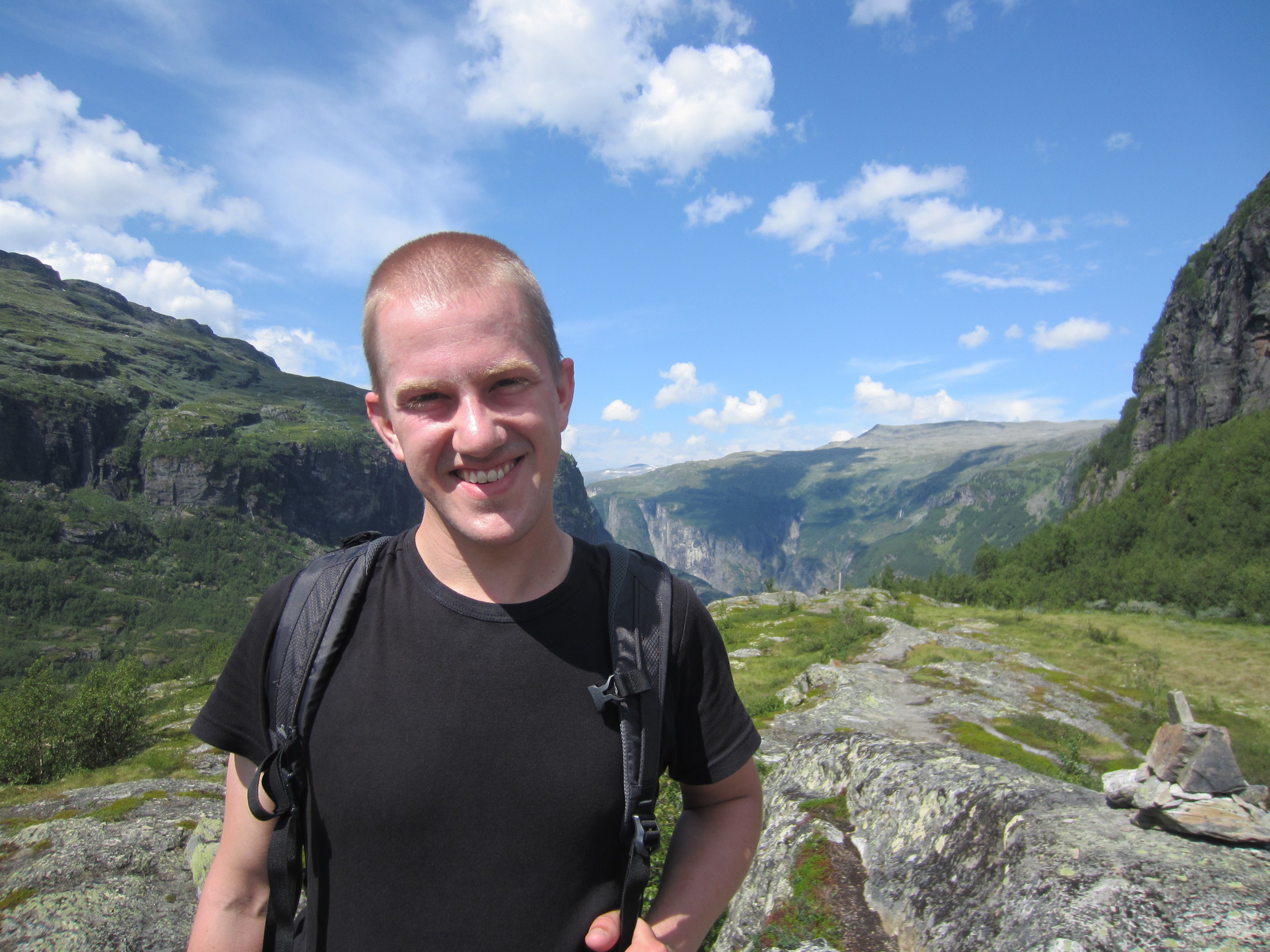“When I first started my studies, I already knew I wanted to do research. I’m interested in many different subjects, but I eventually chose PDCS because the curriculum is explicitly research-oriented, so it matched my goal to pursue a research career. Additionally, because VU is one of the strongest universities worldwide in the area of computer systems, PDCS is taught by world-class researchers.
“Doing research had been my goal from the start, so a PhD was a logical choice for me. It wasn’t a given that I would pursue my PhD in computer science. My original plan after PDCS was to first study even more in a different subject. However, I enjoyed my master’s project in Herbert Bos’s research group so much that when I was offered the opportunity to stay and do a PhD there, I took it. My research focused mainly on reverse engineering and binary analysis, but I was given a lot of freedom to aid in other research as well.
“I’m still doing research, only at Intel instead of in academia. The work is actually a lot like my work at the university, and I wouldn’t want it any other way. My work at Intel focuses on long-term research projects, so I still have a lot of freedom to pursue the research I want and to decide how to do it.
“Security has been an important theme in my work so far, but it’s certainly not my only interest. I’m always looking for ways to keep renewing and expanding my research area, so it’s entirely possible that in a few years I’ll be working on a completely different subject.
“What I would recommend to students is to use your time as a student to build a strong foundation that will allow you to keep learning new things later, for example by augmenting your studies with the right choice of optional subjects. The details of the ideal foundation will differ from person to person, but if you’re interested in science and technology, one of the biggest favors you can do yourself is to maximize your background in math as much as you can. That makes it much easier to get into new subjects or change your career later in life.”
